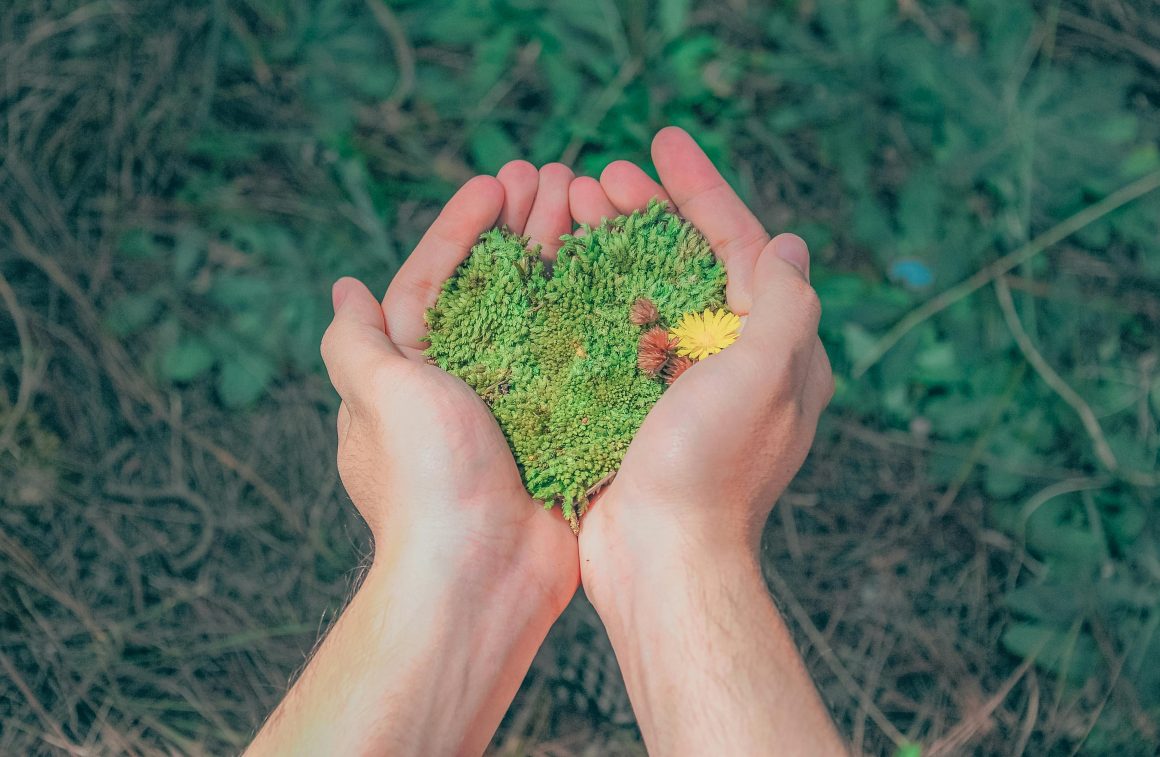
Understanding climate despair with Olivia Vesovich
By Josie Simon, November 20 2024—
Climate despair has become an increasingly familiar response among today’s youth, yet it remains a topic often left unaddressed. On Nov. 8, Olivia Vesovich, a young climate activist, shared her own experience with this emotional struggle at a Climate Café organized by the Office of Sustainability. Her story not only sheds light on her journey but also highlights a critical issue that many young people face today.
Olivia Vesovich: A beacon for troubled times
At just 21, Vesovich stands out as a prominent figure in climate activism. Her advocacy began with the Held v. Montana lawsuit when, at 16, she joined other young plaintiffs in demanding government accountability for environmental harm. As the sole plaintiff to discuss her climate despair during the trial, Vesovich bravely confronted the fear and paralysis she felt about contributing to planetary damage. Her willingness to voice such deep emotions is rare and powerful.
Vesovich’s story extends beyond the courtroom; it’s about personal growth and resilience. Currently pursuing degrees in English and Women, Gender & Sexuality Studies at the Davidson Honors College, she exemplifies how despair can be transformed into effective activism by merging it with her creative and academic interests.
The unspoken reality of climate grief and anxiety
Vesovich describes climate despair as a mix of grief and anxiety over an uncertain future—a sentiment increasingly familiar to young people who recognize the planet’s precarious state. This emotional struggle underscores the deficiency in preparing youth to handle these feelings.
Vesovich highlighted some compelling statistics to underscore the emotional burden faced by today’s youth. According to recent surveys, 85 per cent of Gen Z Americans express concern about climate change, while 75 per cent of young people globally fear for their future in light of environmental challenges. Additionally, 40 per cent are rethinking having children because of climate concerns. These numbers significantly depict the anxiety and worry permeating the younger generation as they grapple with the reality of a changing planet.
Empowerment through open dialogue and community
Vesovich also emphasized the need to confront climate-related emotions directly, adapting to changing times by adopting new strategies to manage these intense feelings. She highlighted practices like mindfulness and the empowerment found in community activism as effective ways to address climate anxiety.
Additionally, her proposal for “eco hours”—dedicated times where students can openly express their environmental grief—reflects the evolving need for safe spaces that acknowledge and validate these emotions in today’s world. This approach not only fosters emotional resilience but also encourages collective adaptation and proactive engagement in the face of ongoing environmental challenges.
A call to action for parents and educators
Vesovich’s session delivered a vital message: we need to discuss the emotional impact of climate change openly. Encouraging parents and educators to talk honestly with young people about their fears can build resilience and inspire meaningful action. By providing truthful and hopeful narratives, we can guide youth in facing their challenges head-on.
In a world where fear of the unknown can be paralyzing, Vesovich offers a path forward. Her experiences prove that despair can be transformed into motivation. Equipping young people with the emotional tools to handle climate anxiety empowers them to become the change-makers the world urgently needs. Vesovich’s journey affirms that hope remains and, with it, the possibility for a brighter future.
This article is a part of our Voices section and does not necessarily reflect the views of the Gauntlet editorial board.
